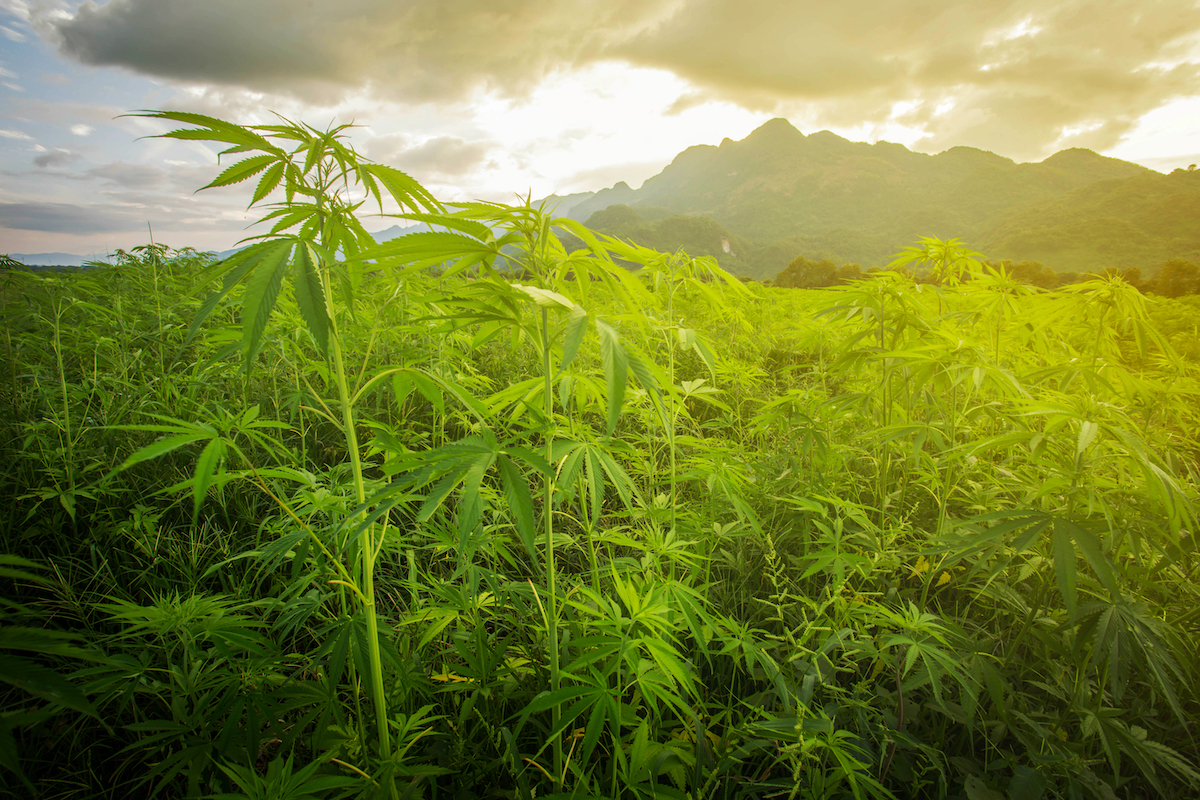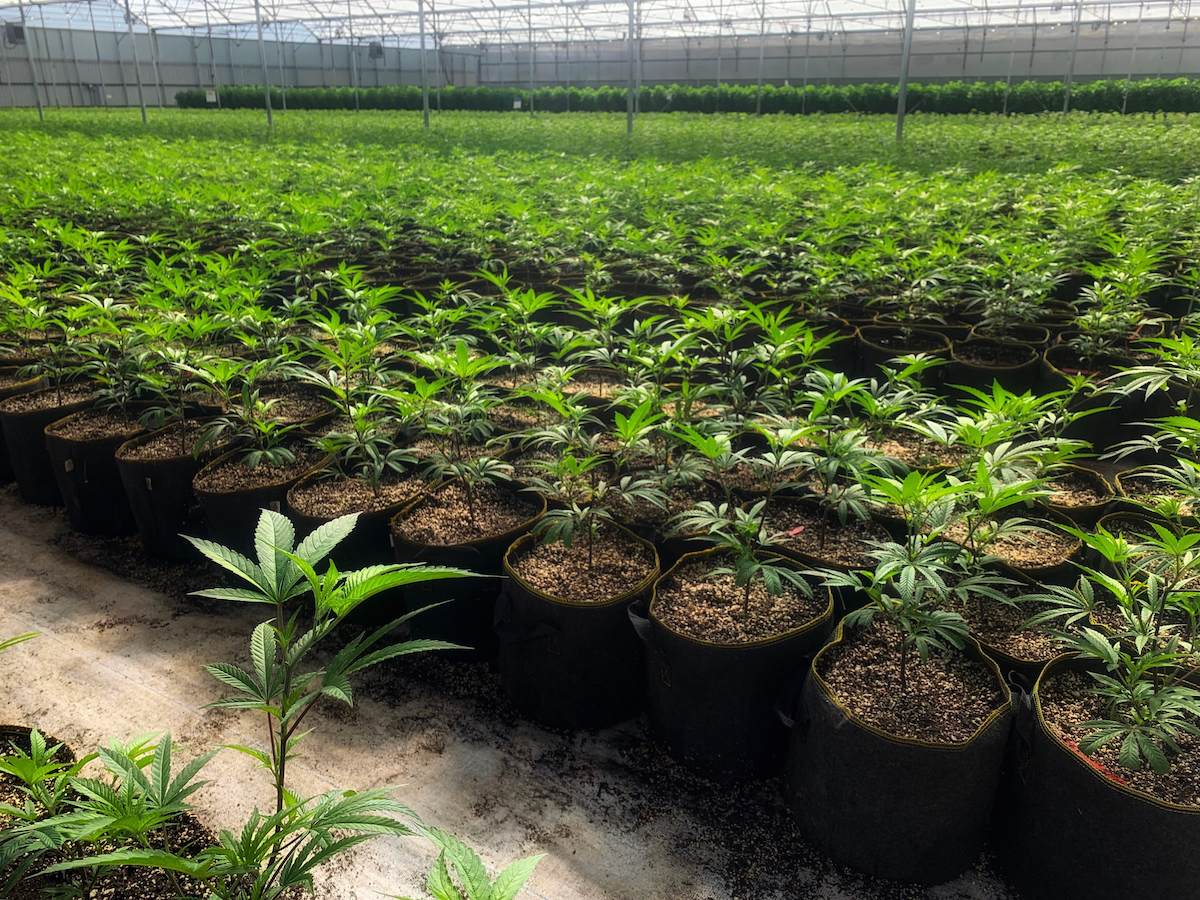- This South American nation, torn by internal struggles, has embarked on an ambitious enterprise to revitalise its weak economy by becoming one of the leading medical marijuana producers in the world.
- Due to its tropical climate and natural diversity, Colombia has a comparative advantage over Canada and other countries where cannabis cultivation is legal.
- Besides generating substantial foreign investment, cannabis could become a powerful weapon in the anti-drug war, as it is a viable, legal substitute for coca crops.

In 2017, the administration of Colombian president and Nobel Peace Prize laureate Juan Manuel Santos established a legal and regulatory framework that created a stable, transparent, and accessible environment for legal cannabis cultivation. This was perceived favourably by the world cannabis industry, including marijuana seed banks.
As a matter of fact, Colombia started laying out a path towards cannabis legalisation almost 30 years ago, when Law 30 was approved: a drug law reform that allowed for production of medical cannabis. However, it was not until 2017 that a set of regulations was established for its official legalisation.
Nowadays both psychoactive and non-psychoactive cannabis are considered legal, providing they are grown for medical or scientific purposes. Adult recreational use of cannabis remains illegal, although the possession of up to 20 grams of cannabis, and cultivation of up to 20 marijuana plants, have been decriminalised by the Supreme Court.
The prolonged downfall of oil prices has had a great impact on Colombia's economy, which is forcing Bogota to find alternative drivers of economic growth. This is reflected in Colombia's strategy to become a leading medical marijuana producer.
Growing in Colombia does not require heated greenhouses; open-air cultivation is feasible thanks to a wide range of climates with 12-hour sunlight periods, stable rains, and mild temperatures. This, added to cheap labour and a long-standing, multi-generational history of illegal marijuana and coca leaf cultivation, has further enhanced Colombia's competitive advantage.

Cannabis as a driving force of socio-economic change
The legal cultivation of cannabis could play a key socio-economic role in Colombia. For instance, it would provide farmers with a viable and attractive commercial crop that could be used to replace illegal coca plantations.
Up until now, the attempts to eradicate these illegal crops have been unsuccessful, partly because the Government has not been able to introduce the regeneration plan that arose as part of the peace agreement with the Revolutionary Armed Forces of Colombia (FARC), and partly due to the low profitability of alternative legal crops like fruit and vegetables, which discourages farmers from abandoning coca cultivation.
Now that the INCB (the International Narcotics Control Board) has given the green light for the cultivation and export of 44% of the total, legal, world cannabis production (40.5 tonnes), investors are really interested in the opportunity to enter Colombia's legal, medical cannabis market.
Some big, listed North American firms have already invested millions of dollars in the country. These include Khiron Life Sciences, Aphria, Wayland Group, Chemesis International, Cronos Group, Canopy Growth, and Aurora Cannabis.
Canopy's investment in Spectrum is significant, but it is the local operators that offer investors the most potential.
The main marijuana producer in Canada, Canopy Growth, has already pinpointed the great advantages of operating in Colombia by signing a 61-million-dollar agreement in mid-2018 to acquire Spectrum Cannabis Colombia. Spectrum holds a license from the Colombian authorities for the cultivation of 126 hectares in the department of Huila, with access to a natural water supply.
Another company worth mentioning is PharmaCielo, one of the first licensed producers in Colombia. Its headquarters and main cultivation area are located around Río Negro, a city north of Medellín, and comprises of a 27-hectare property with 12 hectares of outdoor greenhouses. These can produce 12 million clones per week to supply the 600 hectares planned for cultivation.
Last month, the Colombian firm Ecomedics SAS (operating as Clever Leaves) became the first to legally send cannabis to Canada. This was the first export with authorisation by Health Canada and Colombia's National Narcotics Fund.

The world's seed bank?
As cannabis legalisation spreads worldwide, it is vital that marijuana companies stop operating in the business' grey areas, as many legal markets are still only purchasing seeds from Canada, Israel, Spain, or Holland.
After selecting and crossing genetics from all over the world, many seed banks are merging with bigger legal cannabis companies who seek their breeders' knowledge. Canopy Growth Corporation alone, for instance, has acquired Green House Seeds, DNA Genetics, and more recently Canada's international gem: House of the Great Gardener.
There are 126 firms in Colombia with licenses for cannabis production. Only 16 of them were selected for seed production.
Marijuana genetic legalisation is now possible in countries like Canada, Jamaica and Colombia. However, Colombia is the only country in the world that provides phytosanitary certification for cannabis seeds. These certificates act as 'seed passports' for exportation purposes.
Once they meet the requirements, cannabis firms can mass produce and commercialise their seeds in the local market, and phytosanitary certification can be requested as an accepted legal document for commercial negotiations between countries.
Seed companies worldwide are on the lookout to introduce their banks in this new legal market, which is a door to the international market. Legal marijuana cultivation could also become a powerful weapon in the war against drugs, as it is a legal and viable substitute for coca crops, which reached record production levels in 2017.
All of this, added to Colombia's need to collect additional tax revenue and foreign investment, creates a powerful incentive for the government to promote the legal production of cannabis, with a view to becoming the Saudi Arabia of legal marijuana.



Comments from our readers
Did you like this post?
Your opinion about our seeds is very important to us and can help other users a lot (your email address won't be made public).